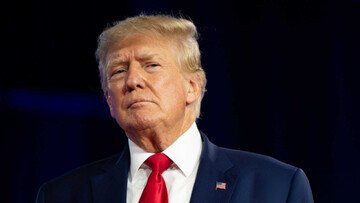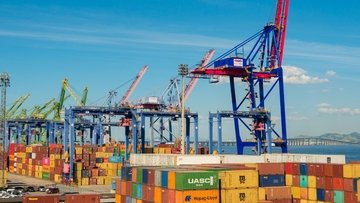The etymology of trade war refers to the particular type of conflict with which a country imposes trade restrictions, duties or other forms of economic penalties on another nation in order to defend its own interest and damage the economy of the latter. An example above all, the trade war between the United States and China carried out by the American president Donald Trump.
The trade war is unleashed when a country, exclusively to defend its own interest, implements protectionist policies, hindering the free competition with foreign states. Key tools of protectionism and the weapons of the trade war are duties: taxes placed on goods and other resources by a state to increase its revenues and to create barriers to imports. The so-called war of duties provides for the quota of goods sold on the markets of non-producing foreign states to keep their price high, dumping - i.e. the sale of a product at a lower price on a foreign market than the price of sale or production of the same on the market of origin -, the control of the currency exchange market and the movement of capital, premiums, tax and credit breaks for national exporting producers.
The trade war can be defensive, i.e. it has the aim of maintaining employment or defending one or more sectors of industrial production, or offensive. In this case it is driven by the desire to conquer markets or limited resources such as raw materials.
For further information: "The wallet to defend against the trade war"











